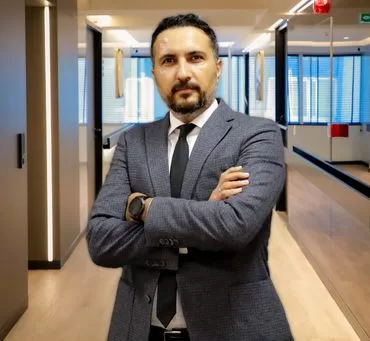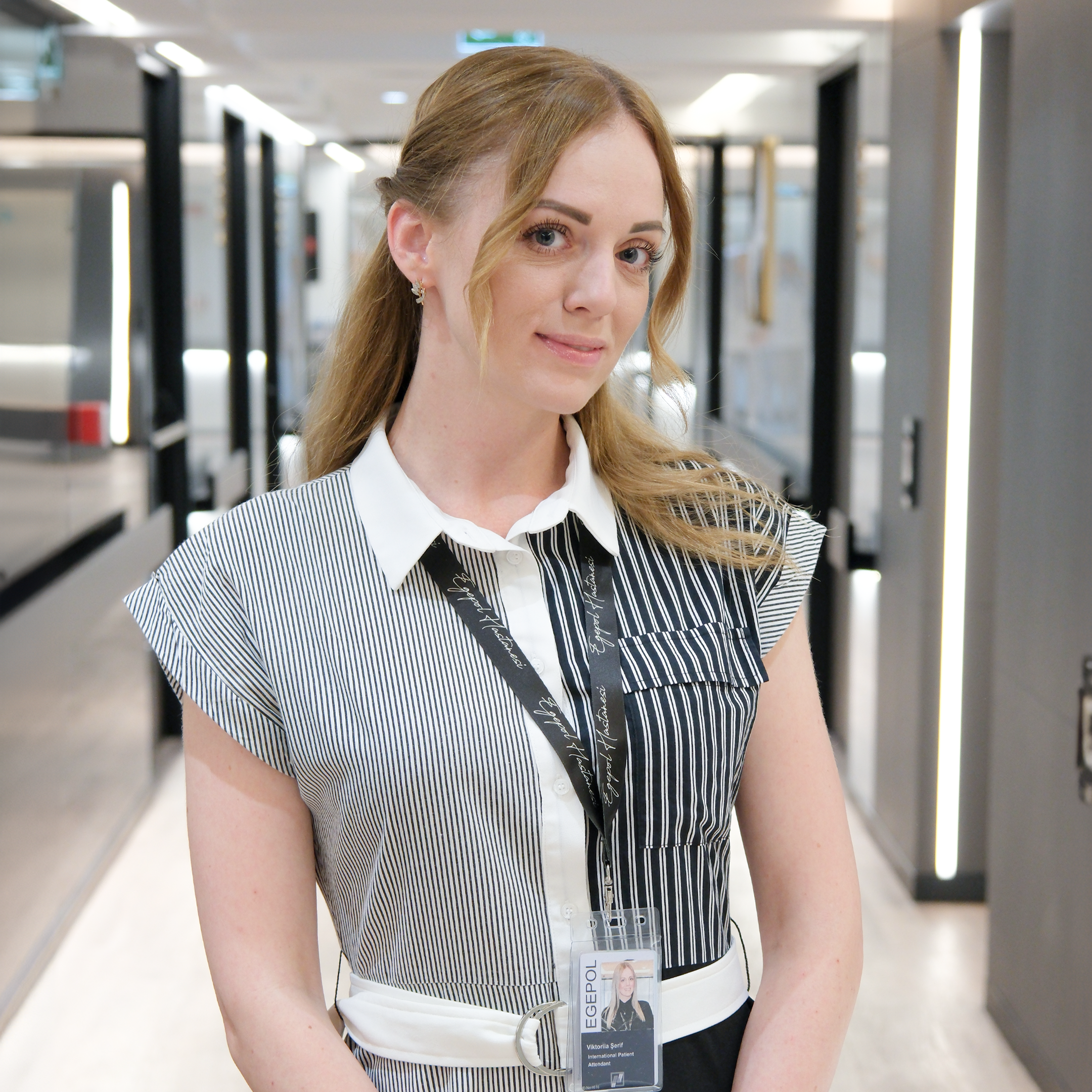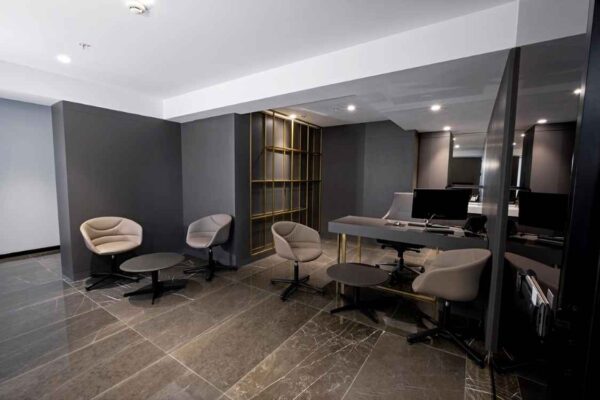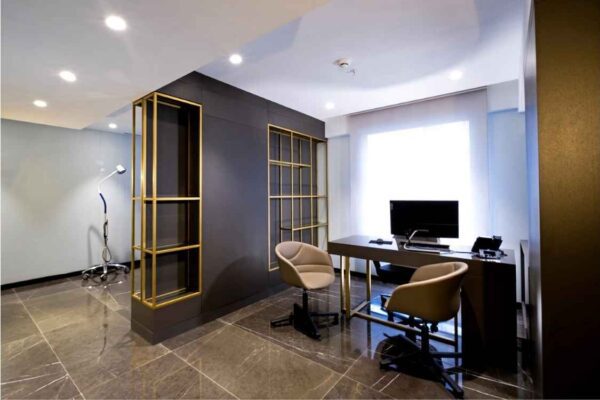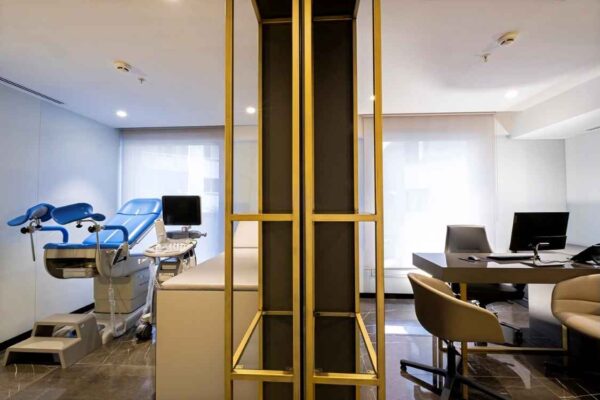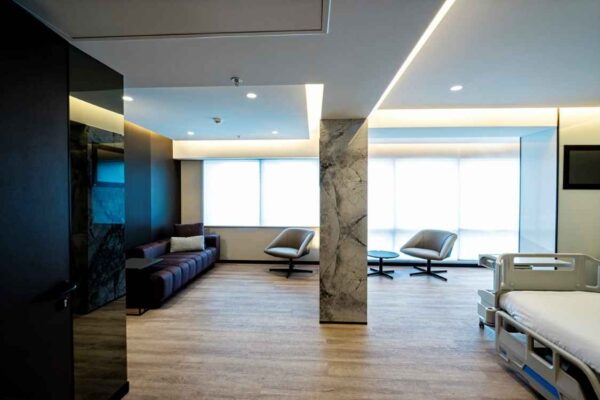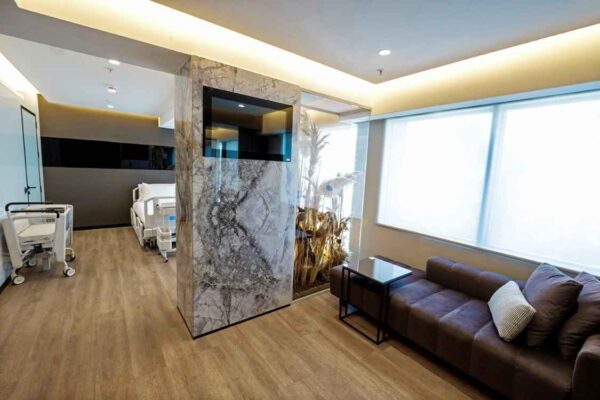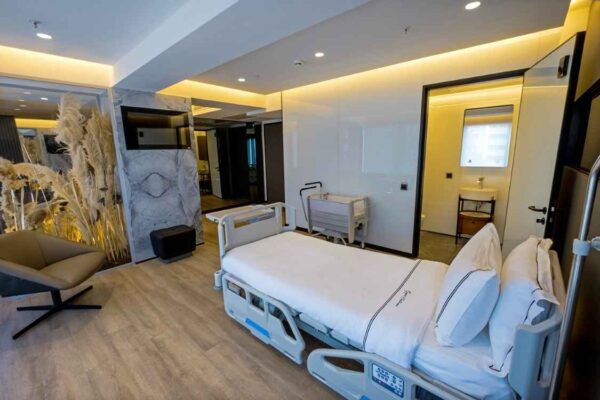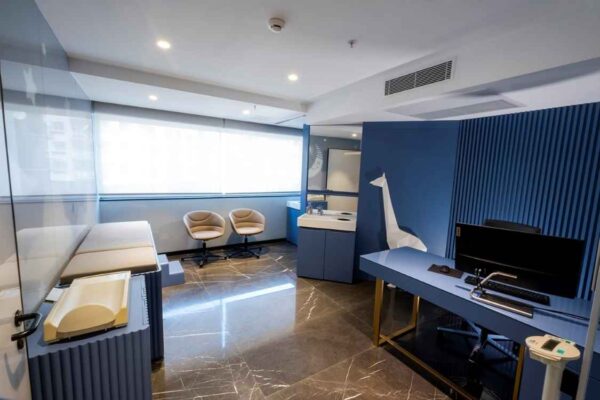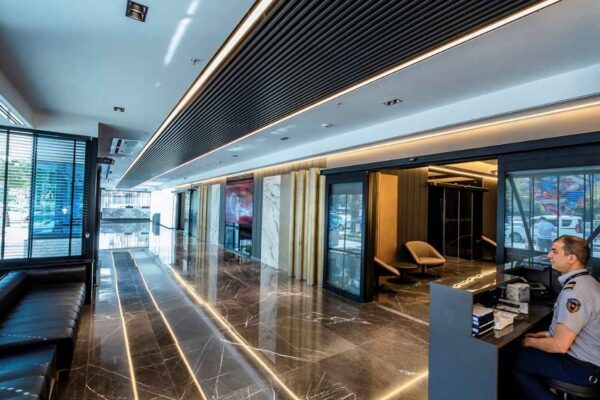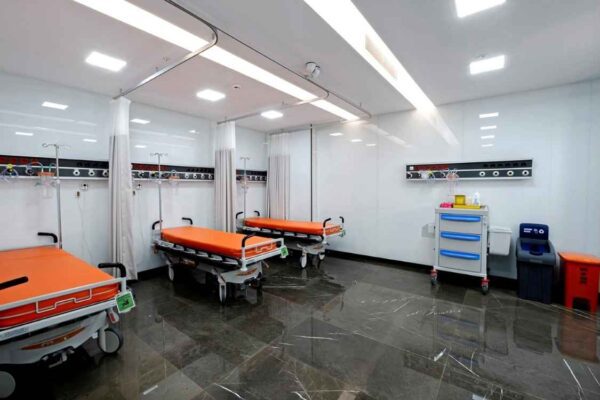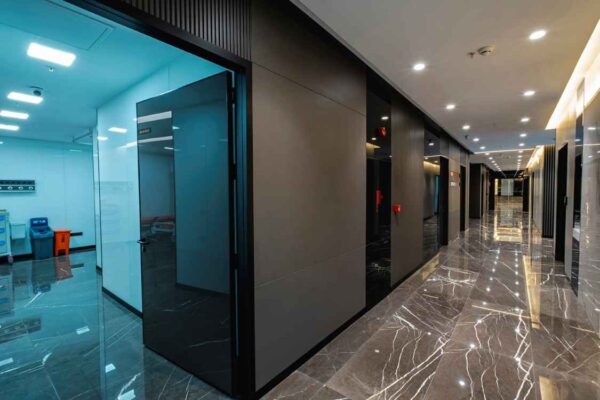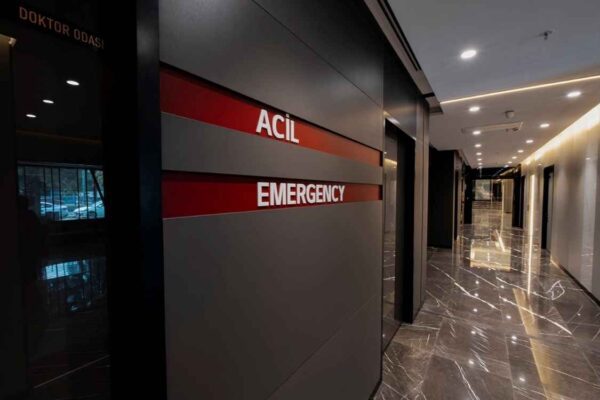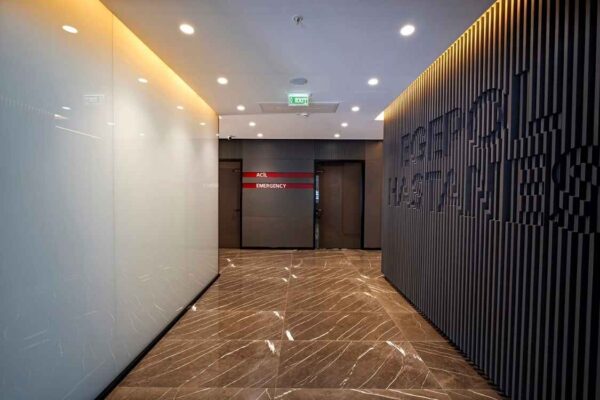Kidney stones can be excruciatingly painful and uncomfortable, but medical science developments have made surgery a very successful treatment for kidney stones. This article will discuss kidney stone surgery, including what it is, how it is carried out, why it should be considered in Turkey, and the safety concerns related to having the treatment done there.
What is Kidney Stones Surgery?
Removal of kidney stones that have developed in the urinary tract is known as kidney stone surgery. These stones can range in size and make-up, and they may result in infection, urinary obstruction, or excruciating discomfort. When kidney stones cannot pass naturally and are creating serious health problems, surgery is frequently required.
How is Kidney Stones Surgery Performed?
Depending on the size and location of the stones, kidney stone surgery can be done in a number of different ways:
- Extracorporeal Shock Wave Lithotripsy (ESWL): This minimally invasive therapy employs shock waves to shatter the stones, allowing them to flow more easily through the body on their own.
- Ureteroscopy: To find and remove or break the stones, a small tube containing a camera is introduced through the urinary tract.
- Percutaneous Nephrolithotomy (PCNL): A tiny incision through the back is used in the minimally invasive treatment known as percutaneous nephrolithotomy (PCNL) to reach and remove bigger kidney stones.
- Laparoscopic Surgery: To remove exceptionally large stones or those that are deeply buried in the kidney, it may occasionally be necessary to do keyhole surgery.
Why Should Kidney Stones Surgery Be Considered in Turkey?
- Cost-Effective Option: When compared to many Western nations, Turkey offers kidney stone surgery at a substantially lesser cost. Patients can receive top-notch medical care without having to worry about the cost.
- European Standards of Healthcare: Turkish healthcare infrastructure has undergone tremendous investment, ensuring that medical facilities meet or exceed European norms. Modern medical facilities, cutting-edge tools, and a highly skilled medical staff offer care on par with that of Western countries.
- Medical Education Excellence: Turkey’s medical school system is famous for producing highly educated and competent medical practitioners. Patients can put their faith in the knowledge of Turkish physicians and surgeons.
Is Kidney Stones Surgery in Turkey Safe?
Yes, kidney stones surgery in Turkey is safe, and there are several reasons why:
- Stringent Standards: Turkish healthcare facilities follow stringent quality and safety standards to guarantee that patients get the finest care possible.
- Advanced Technology: Modern medical equipment and technology are available in Turkish hospitals, allowing for precise and successful surgical procedures.
- Experienced Medical Professionals: Turkey has a wealth of skilled and knowledgeable medical professionals with experience in urological operations including kidney stone surgery.
- Multilingual Healthcare: Healthcare in several languages is widely available in Turkey, making it accessible to patients from other countries.
Conclusion
Surgery for kidney stones is a vital medical technique that can relieve kidney stone pain. With its affordable healthcare alternatives, European standards, and highly qualified medical staff, Turkey has emerged as a top choice for people looking for high-quality medical care.
Patients from all over the world choose kidney stone surgery in Turkey because of its reliability and safety, which gives those thinking about the procedure peace of mind. When choosing Turkey for kidney stone surgery, patients may anticipate receiving top-notch medical care that is affordable and accessible.
FAQs
The local currency of the Republic of Turkey is the Turkish Lira. Our patients can convert their cash from exchange offices to Turkish Lira.
Our patients can withdraw money in Turkish Lira, Euro and Dollar through ATMs in Turkey. You can easily withdraw money with foreign language options available at ATMs.
Foreigners can use their own vehicles with the obligation to carry their own driver's license, vehicle license and passport with them. Vehicles are driven on the right side of the road in Turkey.
The sockets in Turkey are dual like the sockets used in Europe.
If you have your phone line open for use abroad before coming to Turkey, you can use your own operator as well as local GSM operators.
Our Team
Our Hospital
Atilla, Halide Edip Adıvar St.
No:57, 35270 Konak/İzmir




